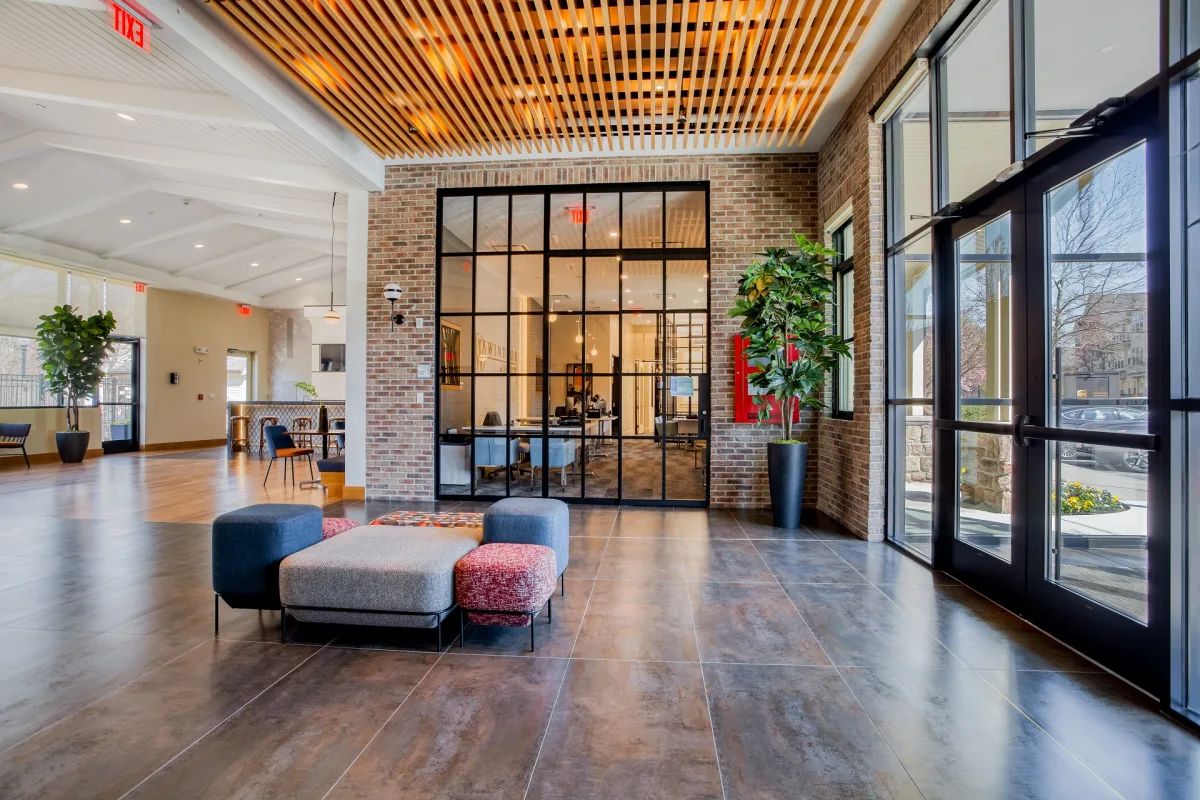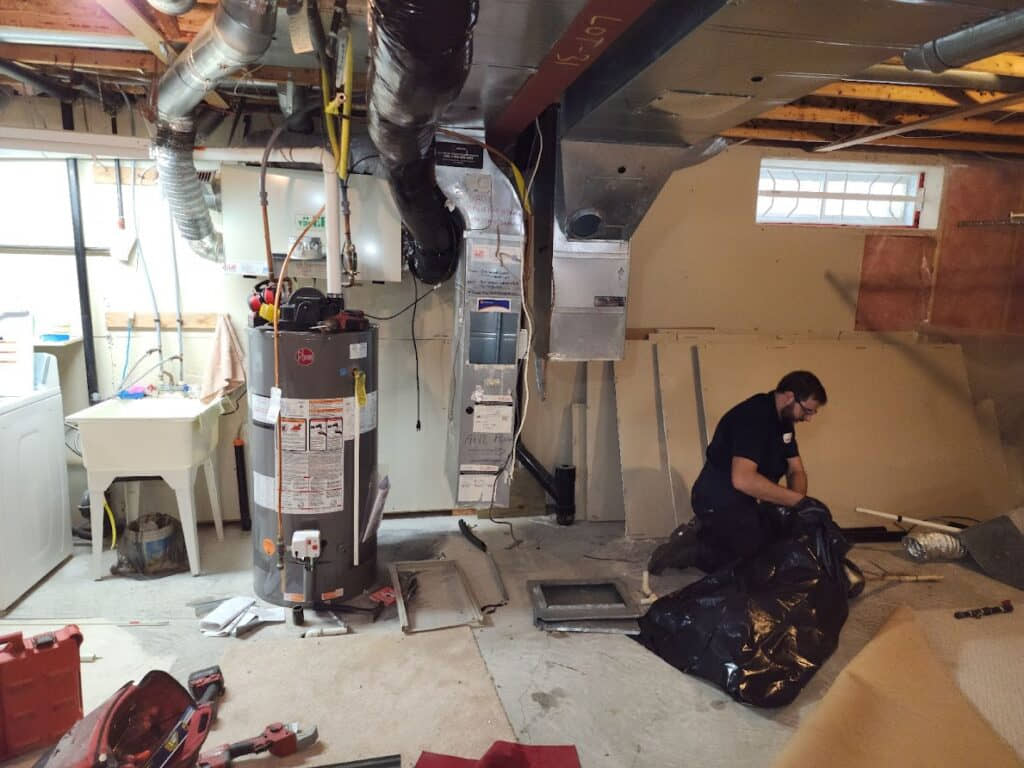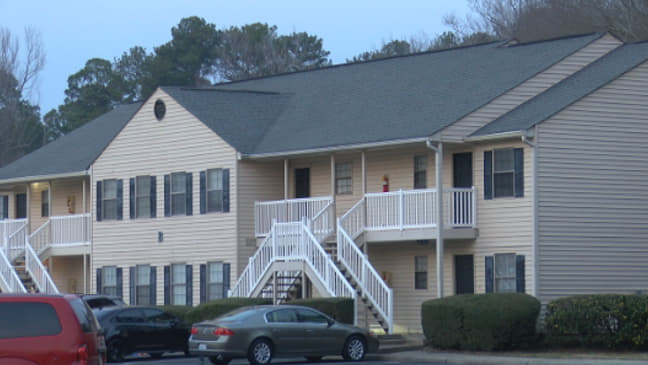The background check is a critical part of renting an apartment as it allows landlords to evaluate a potential tenant's suitability and risks. With many people applying for rental properties, landlords rely on background checks to make informed leasing decisions.
In this article, we will explore how long an apartment background check typically takes and discuss several related factors.
How long does a background check take for an apartment?
Most background checks for rental apartments are completed within a few days - anywhere from 48 to 72 hours. While some checks may come back quicker, landlords should plan for 3 business days as a standard timeline. The exact duration depends on several variables, but landlords can generally expect results within the first few days of a tenant submitting an application.
Related: How Often Does Section 8 Check Income?
What is checked in an apartment background check?

Landlord background checks typically involve verifying a prospective tenant's identification, employment, credit history, and any criminal records. Identification is confirmed using government IDs and Social Security numbers. Rental history from previous landlords may also be part of the process.
Employment is verified by contacting the tenant's employer or obtaining pay stubs. Credit checks uncover payment patterns and outstanding debts. Criminal records searches indicate if a tenant has a problematic legal past that raises red flags.
How extensive are apartment background checks?
While basic checks involve identity, credit, and criminal history screening, more comprehensive searches go deeper. Some landlords supplement minimum screenings by checking court records, terrorist watch lists, sex offender registries, and public data aggregators. Social media and personal references may additionally provide character insights.
Depending on property value and location, landlords have flexibility to run extensive or simplified background checks balancing thoroughness with efficiency.
What time period do apartment background checks cover?
Criminal records investigated as part of rental applications typically involve a 7-10 year lookback period, though some municipalities stipulate longer windows. Credit checks show payment patterns over a similar timespan of half a decade. Rental and employment verifications aim to validate the most recent 2-5 years.
Due to data availability, identity and verification documents like IDs have no expiration timeframe. Overall, background checks reveal sufficient history to gauge applicant trustworthiness.
What can cause an applicant to fail an apartment background check?
Common red flags denying lease approval include criminal convictions for violence, theft or drugs, unpaid civil judgments, evictions on record, or income not meeting rental amount requirements.
Other failure factors incorporate falsified application information, identity mismatches raising fraud concern, excessive accounts in collections, and prior lease violations for damages, complaints or unpaid rent.
A single issue often isn't automatic rejection but multiple problematic check items may result in denial.
Who pays for an apartment background check?
The applicant normally pays any screening fees associated with a rental application. This allows tenants to preemptively understand application processing costs.
Landlord coverage of checks is rare, though some properties absorb internal verification expenses for qualified veterans or local workforce members.
Upfront transparency around screening procedures and charges is fair to all renters considering options in their price range.
How can renters improve their chances of passing an apartment background check?
Tenants can boost approval odds by resolving any outstanding debts before applying, avoiding new credit inquiries, not disputing paid collections accurately, refraining from criminal behavior, dutifully fulfilling current lease duties and maintaining consistent employment with favorable supervisory references.
Correctly preparing complete applications with timely ID verification and income documentation readiness also signals an organized renter worth trusting with lease obligations.
Conclusion
Landlords use background checks as a prudent safeguard to verify renter suitability and risk levels. Understanding typical check durations and consideration areas empowers tenants seeking housing to proactively shape verifiable qualifications increasing their approval chances.
With full disclosure and well-maintained personal responsibility indicators, screening processes benefit both property owners making careful selection decisions and applicants pursuing optimal living arrangements.





